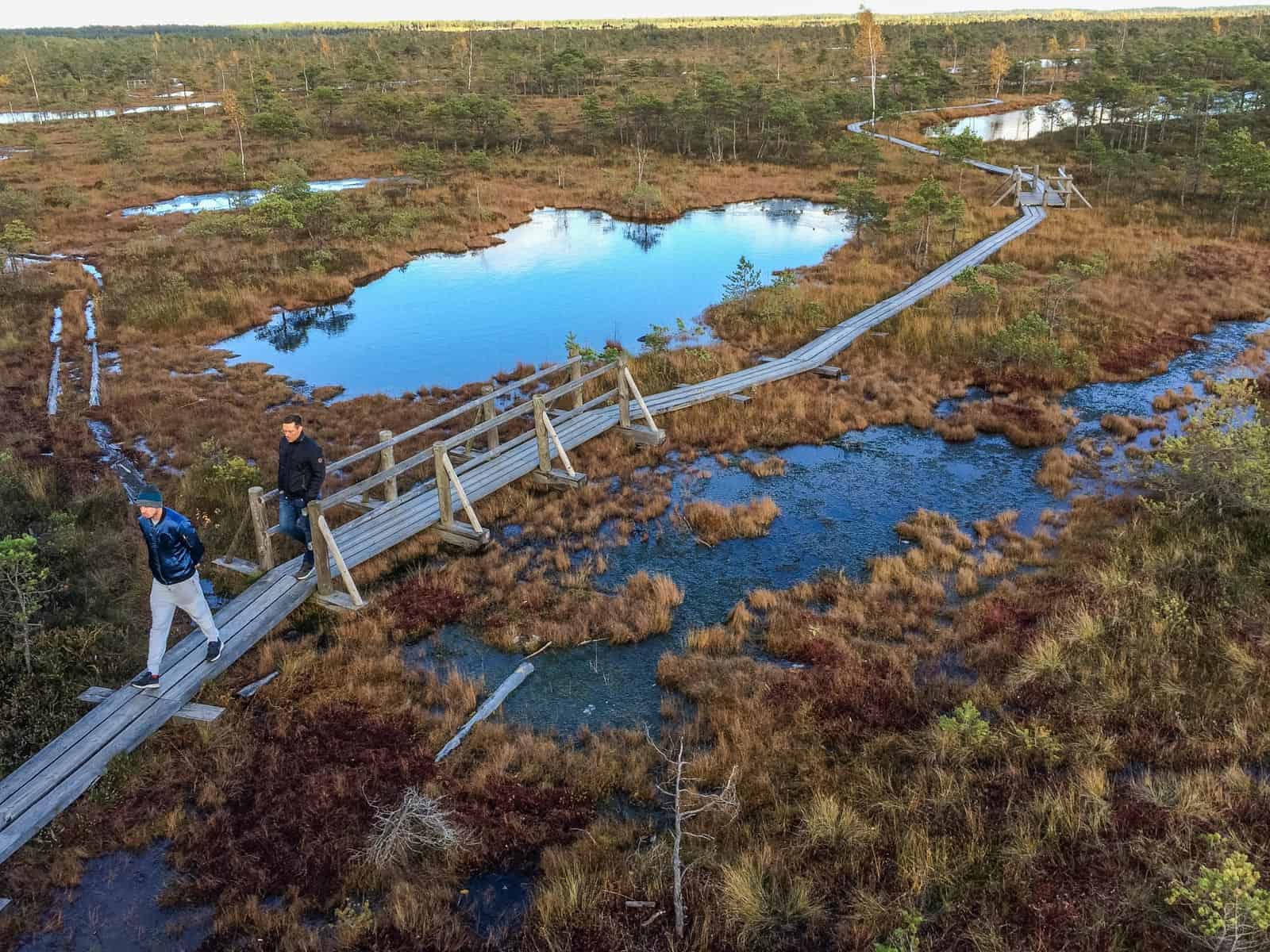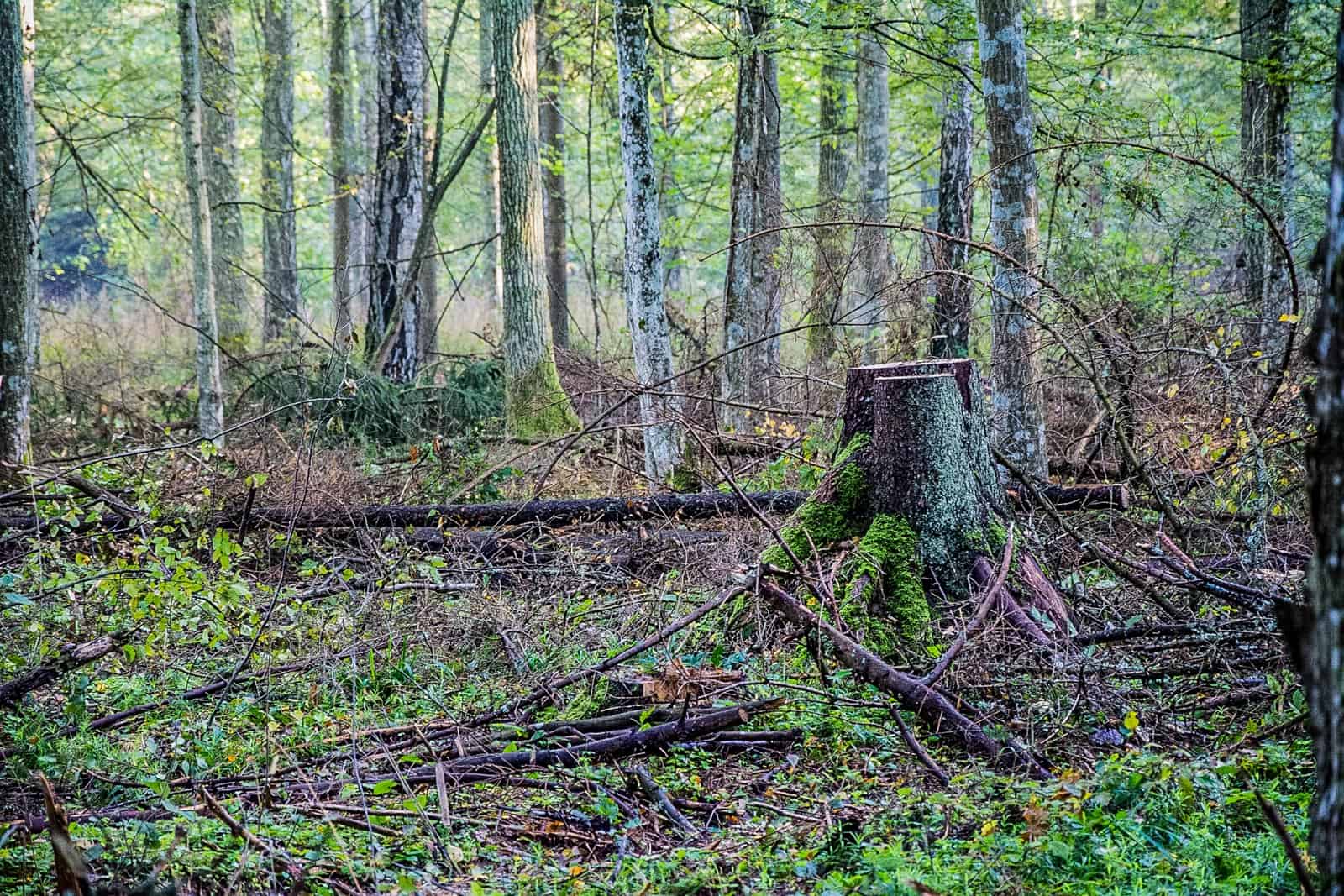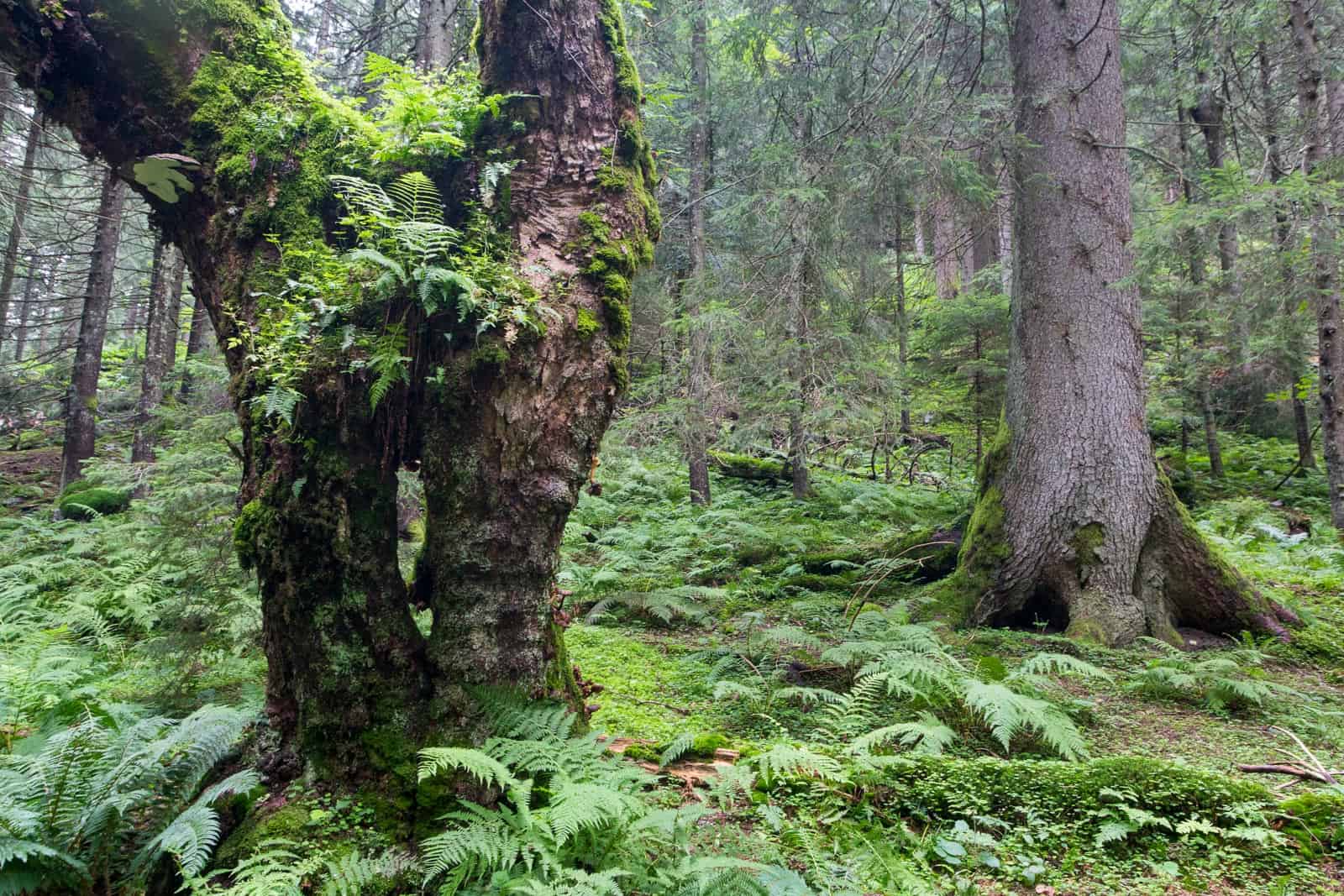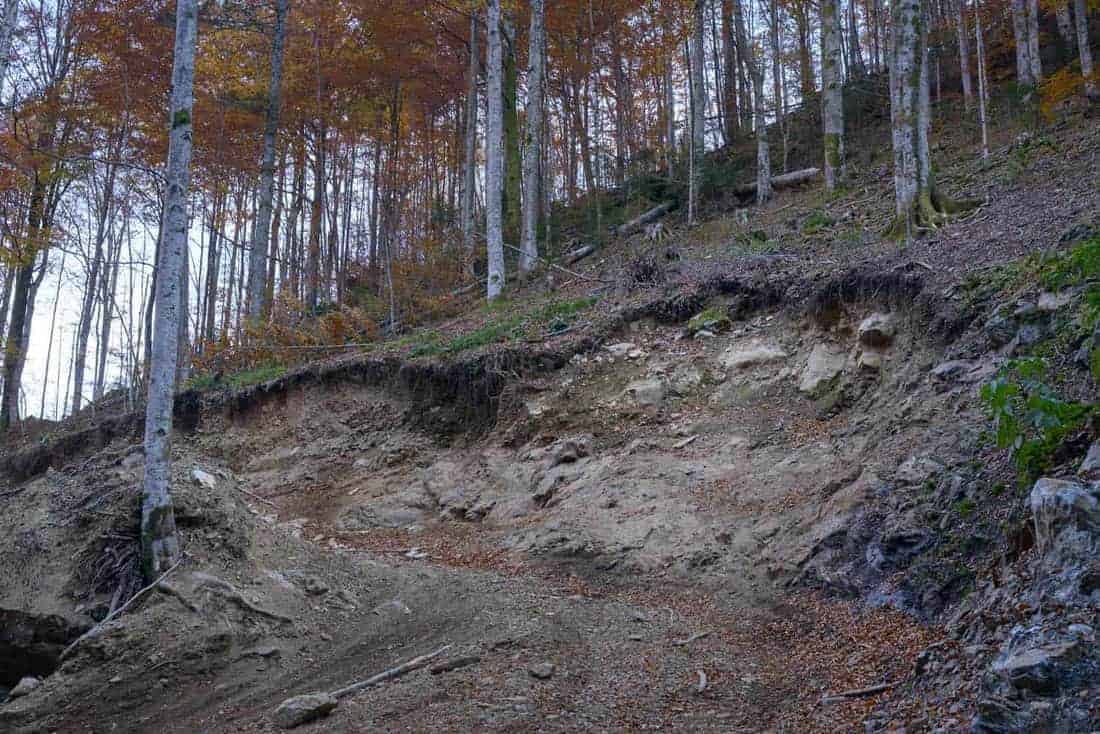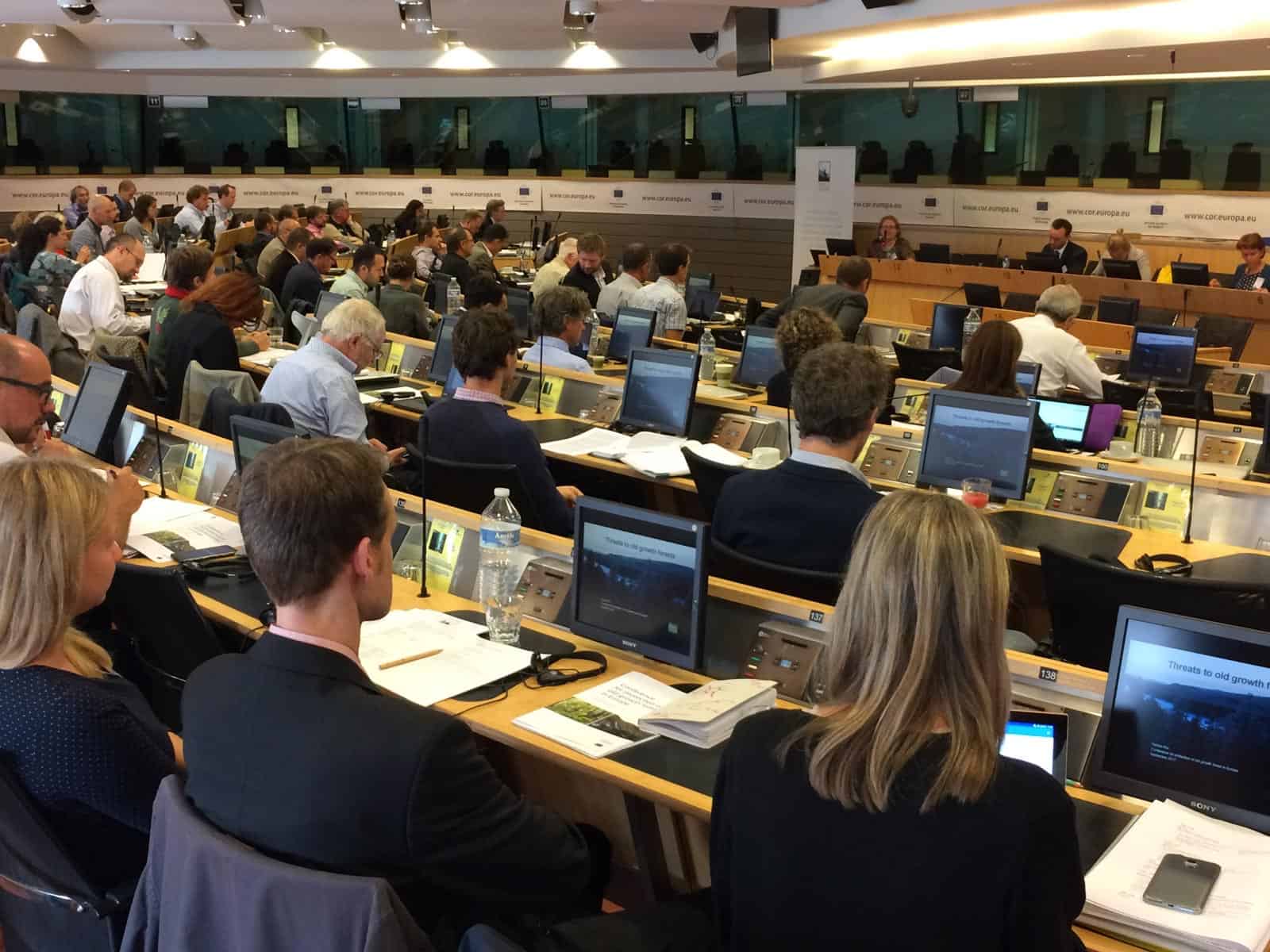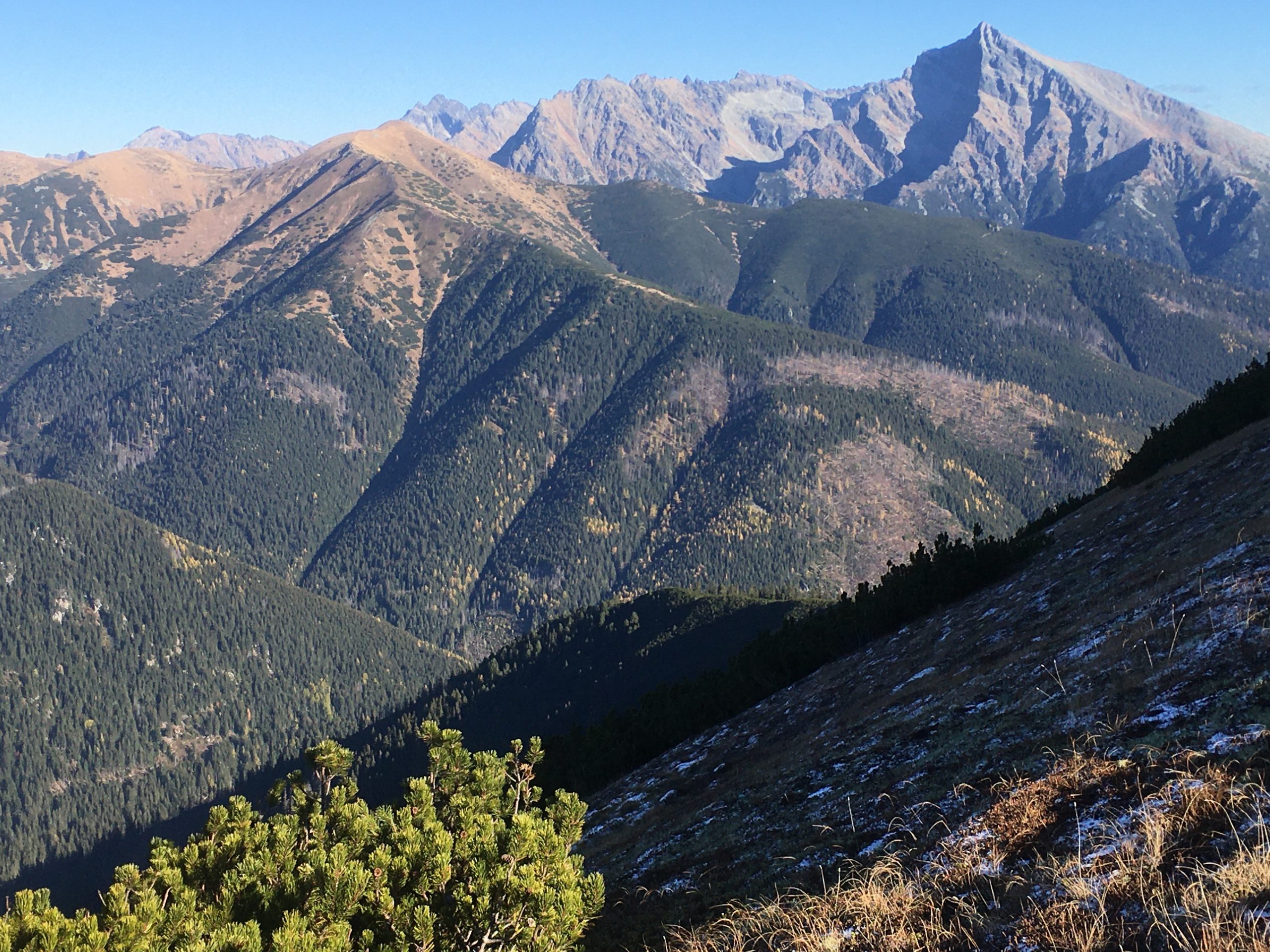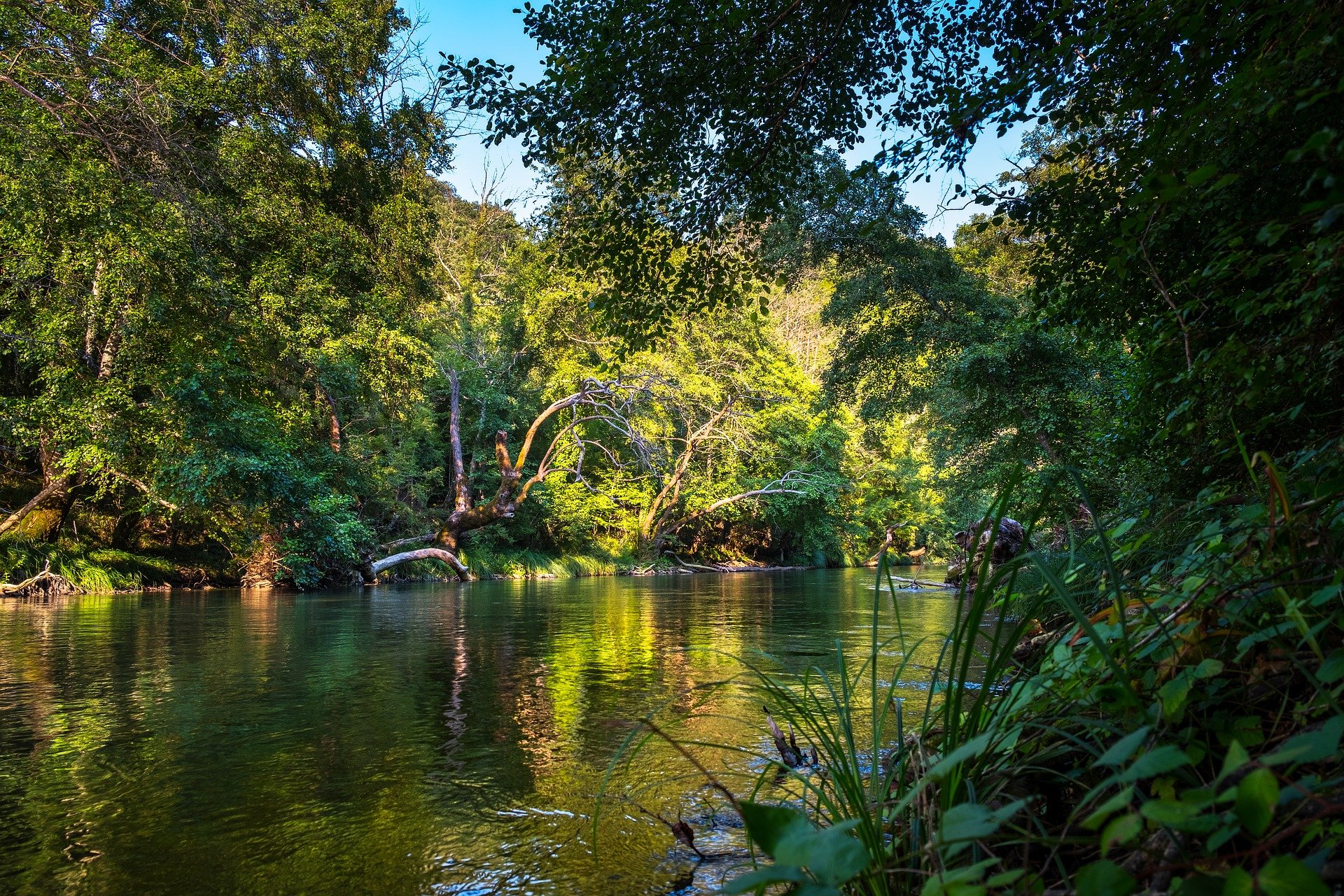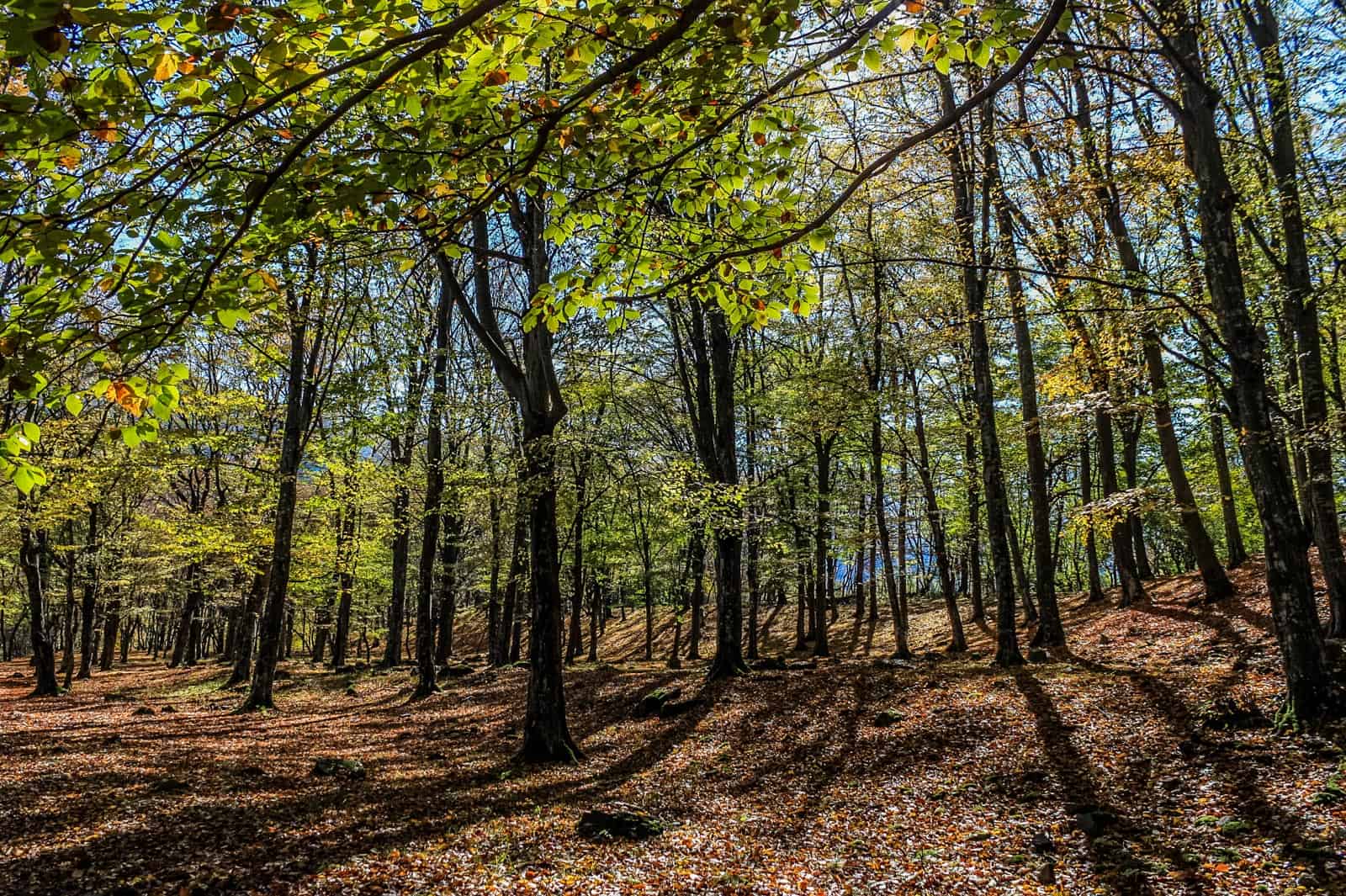Wetlands support biodiversity in the Czech Republic
Wetlands in the Czech Republic are vital for supporting biodiversity. They provide essential habitats for diverse plant and animal species, including migratory birds, amphibians, and fish.
Wetlands in this country act as breeding grounds and feeding areas, ensuring the survival of various wildlife populations. They also contribute to water quality by filtering pollutants and regulating water flow.
These precious ecosystems play a crucial role in maintaining the ecological balance and preserving the rich biodiversity of the Czech Republic.
Breeding and stopover sites
The Czech Republic’s wetlands serve as crucial breeding and stopover sites for numerous bird species, including rare and migratory ones. They offer shelter to a wide range of flora and fauna, including endangered and protected species. They are contributing to the overall conservation efforts in the region.
Wetlands here also act as natural filters, purifying water and improving water quality, making them invaluable for maintaining a healthy aquatic ecosystem.
Recreational and cultural value
These wetland areas are not only important for their ecological significance but also for their recreational and cultural value. They provide opportunities for outdoor activities such as bird watching, hiking, and nature photography, attracting visitors and nature enthusiasts alike.
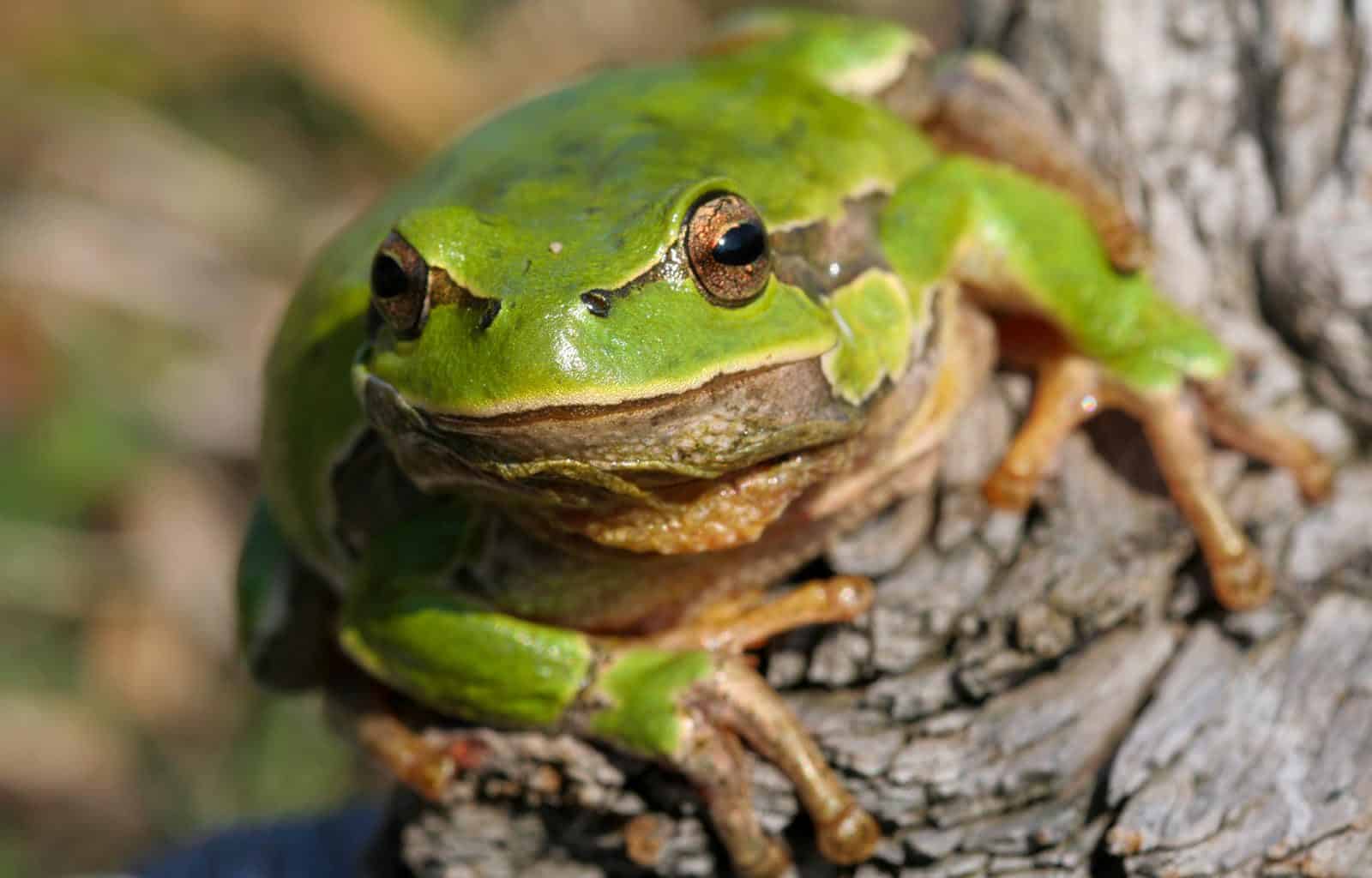
Threats
Wetlands in the Czech Republic face various threats, including drainage for agriculture, pollution, and habitat degradation. Efforts are being made to conserve and restore these valuable ecosystems through sustainable land management practices, protected area designations, and public awareness campaigns.
The preservation of wetlands in the Czech Republic is crucial for maintaining biodiversity, supporting water resources, and promoting sustainable development.
The most important wetlands in Czech Republic
The Czech Republic is home to several important wetlands that hold significant ecological value.
The Poodří Protected Landscape Area stands out as one of the country’s most vital wetland areas. Situated along the Morava River, it encompasses floodplains, oxbow lakes, and marshes, providing habitat for diverse plant and animal species.
The Poodří wetlands serve as an important stopover site for migratory birds and support breeding populations of rare species such as the black stork.
Another notable wetland is the Třeboň Basin, located in southern Bohemia. This vast area comprises fishponds, marshes, and peat bogs. The Třeboň Basin is internationally recognized as a Ramsar site due to its exceptional biodiversity, including a variety of wetland plants and birds such as the globally threatened white-tailed eagle.
The Šumava National Park, situated in the southwest of the country, features also extensive wetland complexes, including raised bogs and glacial lakes. These wetlands support unique plant species and provide essential habitats for amphibians and waterfowl.
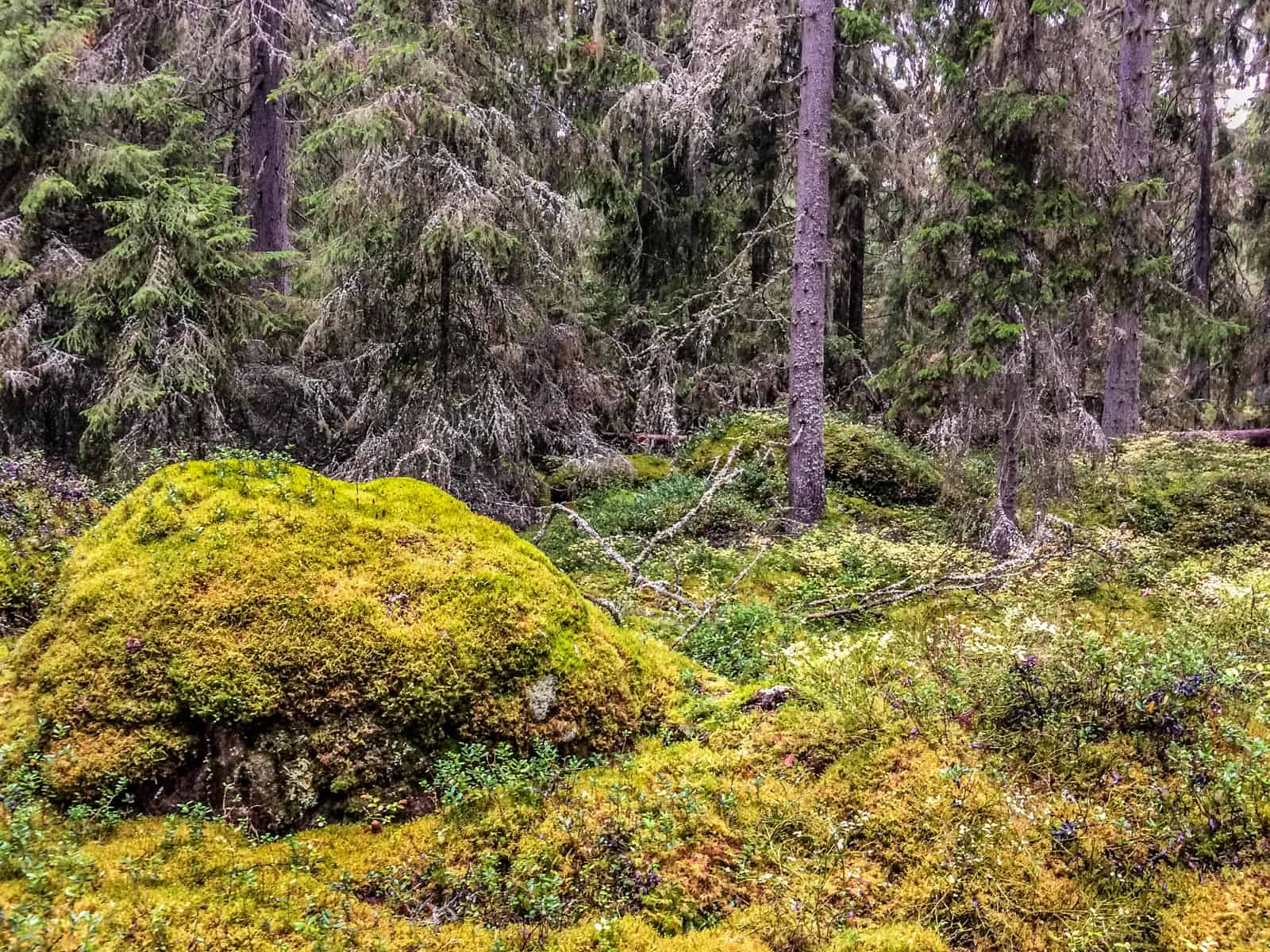
Conclusion
Wetlands in the Czech Republic are vital for supporting biodiversity. Besides that providing essential ecosystem services, and preserving water resources. They serve as breeding grounds for birds, offer habitat to numerous species, filter water, and contribute to recreational and cultural activities, making their preservation crucial for sustainable development.
My best wetland experience on Czech Republic was in raised bogs in the remote corner of Šumava National Park. It was cloudy, no trails, no orientation signs. I got lost and only my skills trained in the previous years led me out of kingdom of spongy land, partially covered spots of forest, wet ground and kingdom of mosquitoes.

